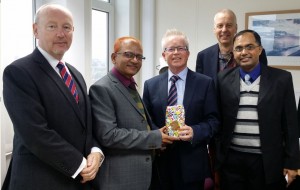 As part of FHSS’s sustained research in Nepal Dr. Sujan Marahatta and Mr. Jiwan Sharma from Manmohan Memorial Institute of Health Sciences (MMIHS) came to the UK to discuss further future collaborations. The Nepali visitors met with our Dean Prof. Steve Tee and Dr. Malcolm McIver FHSS’s Associate Dean for Global Engagement as well with Postdoctoral Fellow Dr Pramod Regmi and BU PhD student Mr. Jib Acharya.
As part of FHSS’s sustained research in Nepal Dr. Sujan Marahatta and Mr. Jiwan Sharma from Manmohan Memorial Institute of Health Sciences (MMIHS) came to the UK to discuss further future collaborations. The Nepali visitors met with our Dean Prof. Steve Tee and Dr. Malcolm McIver FHSS’s Associate Dean for Global Engagement as well with Postdoctoral Fellow Dr Pramod Regmi and BU PhD student Mr. Jib Acharya.
BU academics have been collaborating with MMIHS for over seven years. Currently, we have three projects in Nepal with MMIHS: one funded by the Centre for Excellence in Learning on introducing CPD (Continuous Professional Development) in nursing in Nepal and coordinated by Dr. Catherine Angell; and project designed by Dr. Regmi on transgender issues in Nepal which is funded by FHSS monies, and study on returned trafficked women in Nepal which has received a small small amount of money from both FHSS and Liverpool John Moores University. Prof. Edwin van Teijlingen, in the Centre for Midwifery, Maternal & Perinatal Health (CMMPH), has been a Visiting Professor at Manmohan Memorial Institute of Health Sciences for nine years so it is a long-standing working relationship.  MMIHS publishes its own journal the Journal of Manmohan Memorial Institute of Health Sciences which is part of Nepal Journals Online (NepJOL) and Open Access. Apart from Prof. van Teijlingen, CMMPH Prof. Hundley, Dr. Regmi, or our BU media colleague Dr. Luce (Faculty of Media & Communication) and various members of FHSS’s Visiting Faculty have published in this journal.
MMIHS publishes its own journal the Journal of Manmohan Memorial Institute of Health Sciences which is part of Nepal Journals Online (NepJOL) and Open Access. Apart from Prof. van Teijlingen, CMMPH Prof. Hundley, Dr. Regmi, or our BU media colleague Dr. Luce (Faculty of Media & Communication) and various members of FHSS’s Visiting Faculty have published in this journal.
FHSS and MMIHS are now working towards a more formal academic relationship.
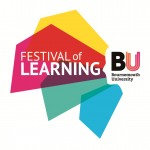 Don’t forget to book your place on our Developing a public engagement event, which is going to focus specifically on developing a public engagement event.
Don’t forget to book your place on our Developing a public engagement event, which is going to focus specifically on developing a public engagement event.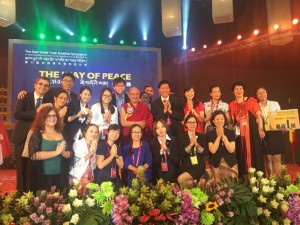 Alexandra Jarrett is a former BU student who is graduating this year from the BA (Hons) Sociology & Anthropology programme in HSS. Prior to taking up her MA studies at the highly prestigious School of Oriental and African Studies (SOAS), Alex was invited to the beautiful northern Thai city of Chiang Mai to present aspects of her final-year dissertation on Buddhist death rituals and beliefs.
Alexandra Jarrett is a former BU student who is graduating this year from the BA (Hons) Sociology & Anthropology programme in HSS. Prior to taking up her MA studies at the highly prestigious School of Oriental and African Studies (SOAS), Alex was invited to the beautiful northern Thai city of Chiang Mai to present aspects of her final-year dissertation on Buddhist death rituals and beliefs.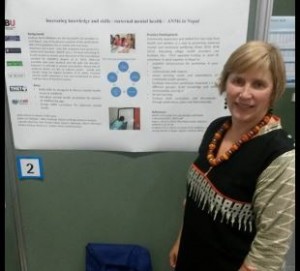
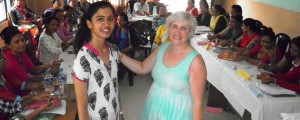
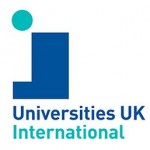
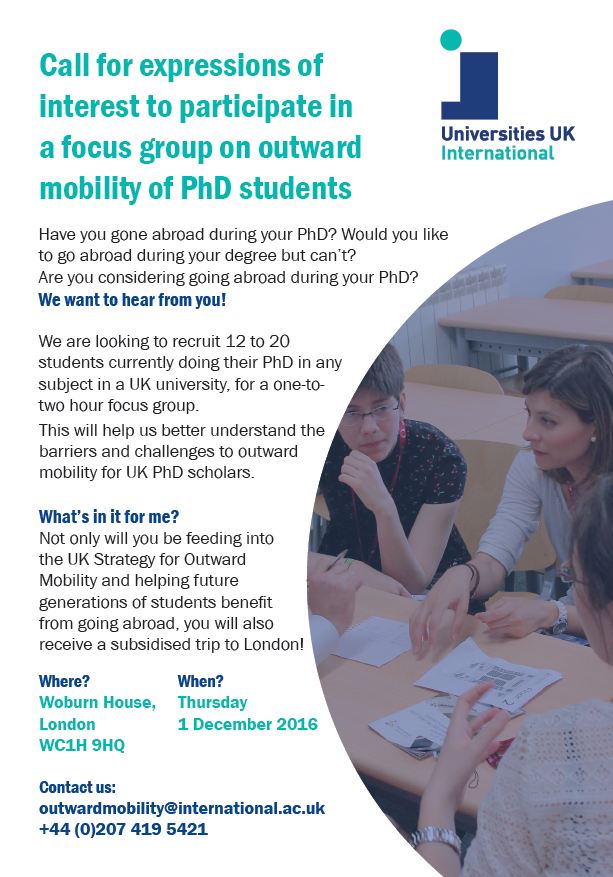


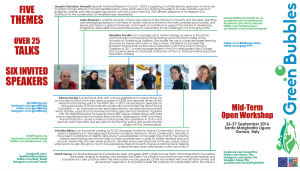
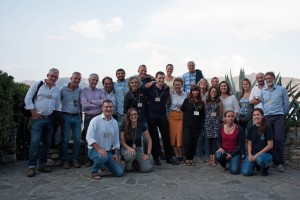
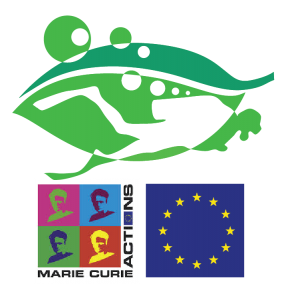
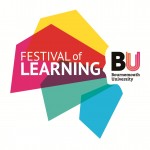 With the call for proposals now open for
With the call for proposals now open for 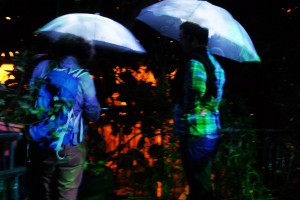
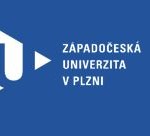

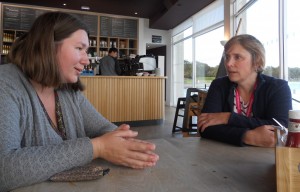
 This session will be delivered by BU’s account manager from the UK Research Office. UKRO are the leading support body within the UK for EU funding.
This session will be delivered by BU’s account manager from the UK Research Office. UKRO are the leading support body within the UK for EU funding.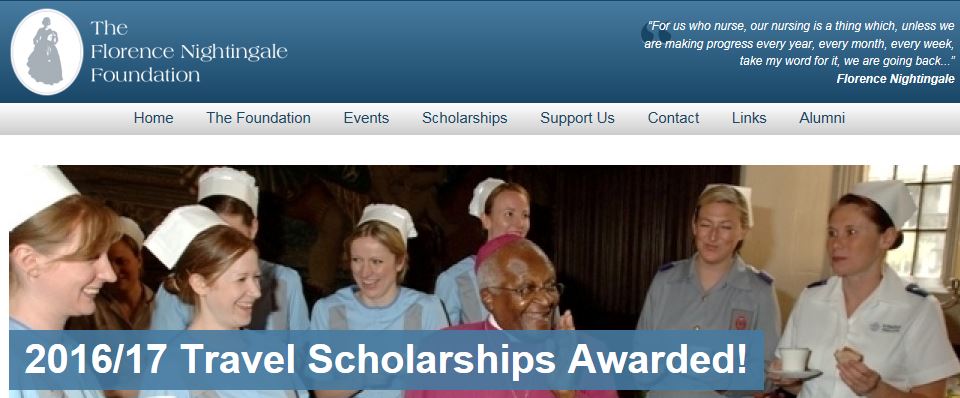
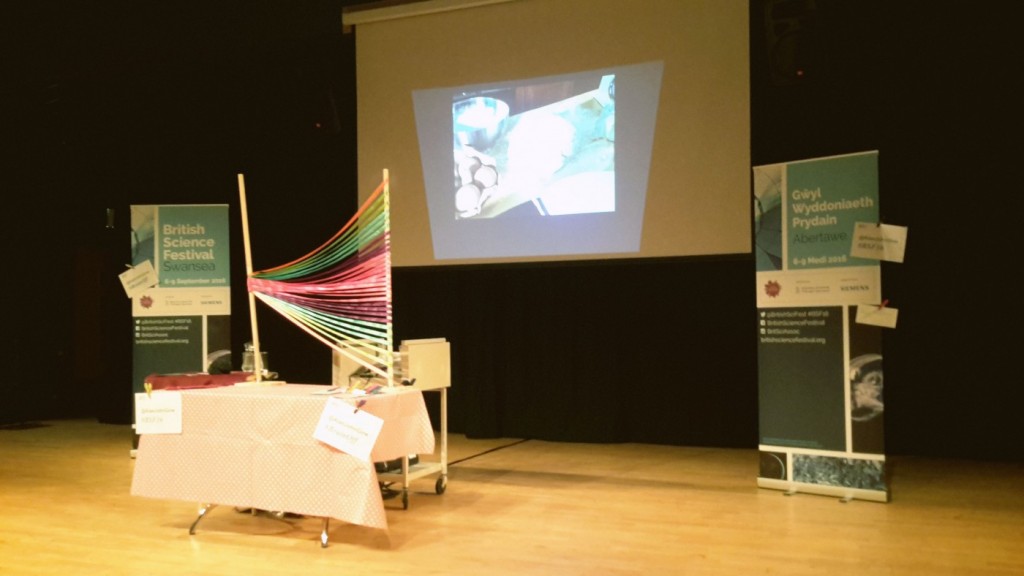













 REF Code of Practice consultation is open!
REF Code of Practice consultation is open! BU Leads AI-Driven Work Package in EU Horizon SUSHEAS Project
BU Leads AI-Driven Work Package in EU Horizon SUSHEAS Project Evidence Synthesis Centre open at Kathmandu University
Evidence Synthesis Centre open at Kathmandu University Expand Your Impact: Collaboration and Networking Workshops for Researchers
Expand Your Impact: Collaboration and Networking Workshops for Researchers ECR Funding Open Call: Research Culture & Community Grant – Apply now
ECR Funding Open Call: Research Culture & Community Grant – Apply now ECR Funding Open Call: Research Culture & Community Grant – Application Deadline Friday 12 December
ECR Funding Open Call: Research Culture & Community Grant – Application Deadline Friday 12 December MSCA Postdoctoral Fellowships 2025 Call
MSCA Postdoctoral Fellowships 2025 Call ERC Advanced Grant 2025 Webinar
ERC Advanced Grant 2025 Webinar Update on UKRO services
Update on UKRO services European research project exploring use of ‘virtual twins’ to better manage metabolic associated fatty liver disease
European research project exploring use of ‘virtual twins’ to better manage metabolic associated fatty liver disease